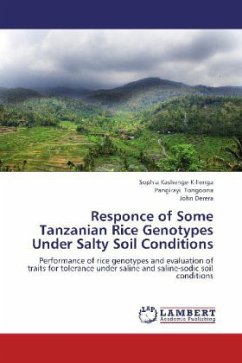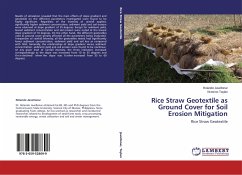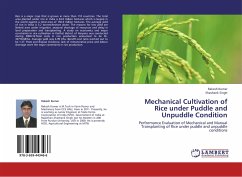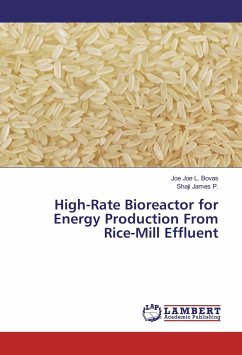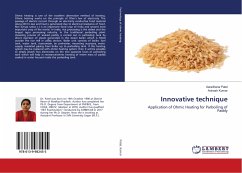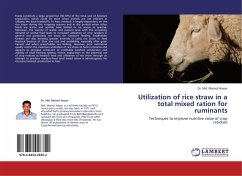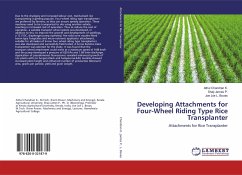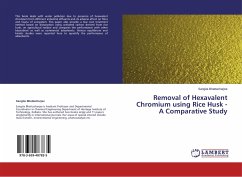Many efforts have been made elsewhere to improve cultivated rice varieties for salt-tolerance. In Tanzania, such improvement has never been done though the cultivated land is increasingly dwindling due current environmental changes which increase the effects of salt affected soils in irrigared rice. Most farmers use either improved or local rice varieties regardless of the soil salt status. Varieties grown have never been tested or improved for salt tolerance. Studies found that significant variations in phenology, morphology and physiology across salty environments have also been observed among genotypes. When large differences exist between target environments, a distinct set of genes would be required for specific adaptation . Thus, cultivars selected in non-stressed environments may not necessarily be suited for stress environments. Experience also revealed that, introduction of high yielding varieties from non-stress soils into problem soils, with the aim of increasing production, has not only resulted in yield failure, but also disappointment among farmers. This study therefore established performance of some Tanzania rice genotypes under saline and saline-sodic conditions
Bitte wählen Sie Ihr Anliegen aus.
Rechnungen
Retourenschein anfordern
Bestellstatus
Storno

